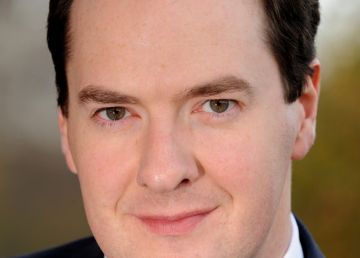 The United Kingdom is expected to end the year with a healthy £1.8 billion internet trade surplus, thanks to British internet retailers who adapted to online faster than their continental counterparts.
The United Kingdom is expected to end the year with a healthy £1.8 billion internet trade surplus, thanks to British internet retailers who adapted to online faster than their continental counterparts.
In a report called Modern Spice Routes, the Nielsen Company and PayPal worked out that the UK is going to spend £8.5 billion online internationally, but it will also sell £10.3 billion worth of goods and services. There’s more good news, as the figures are expected to reach £18 billion and £24 billion by 2018, generating an impressive surplus of £6.4 billion, reports The Wall Street Journal.
British internet retailers are obviously doing something right, but more importantly the Germans aren’t. Germany is expected to have a €4.7 billion trade deficit this year and the UK should have a positive internet trade balance with Deutschland. German shoppers are expected to buy €1.7 billion in UK goods, while Brits will spend just €619 million on German products.
PayPal Senior Vice President for EMEA & Asia Pacific, Rupert Keeley, said UK retailers have adapted more quickly to international buyers than their German counterparts. He also stressed that China represents a huge opportunity for global traders.
“Once China does crack its customs and import challenges, and they get through the logistical issues, it will become a huge market, particularly for British goods,” he said.
However, we have a Eurozone caveat of our own. There is a very good reason Germans are flocking to British shops and it’s not the nice lass behind the virtual counter – it’s the euro. The pound has lost quite a bit of ground over the past five years, making many products in Britain significantly cheaper than on the continent, even with VAT and shipping. This was not the case five years ago and for British retailers to do well across the Channel, the pound needs to stay weak.






